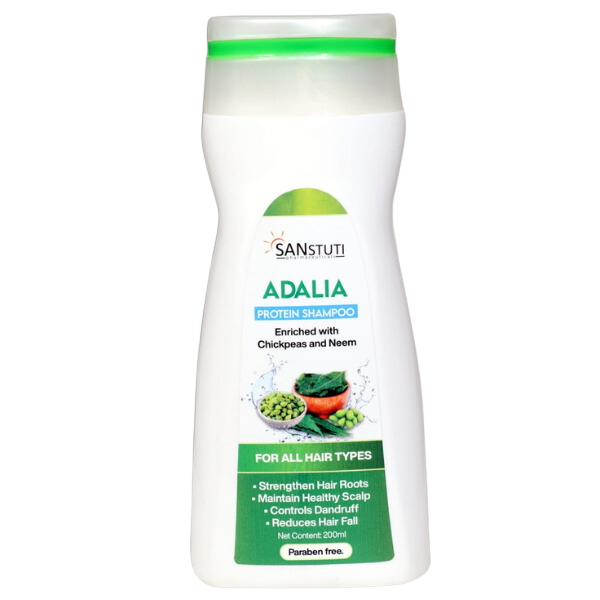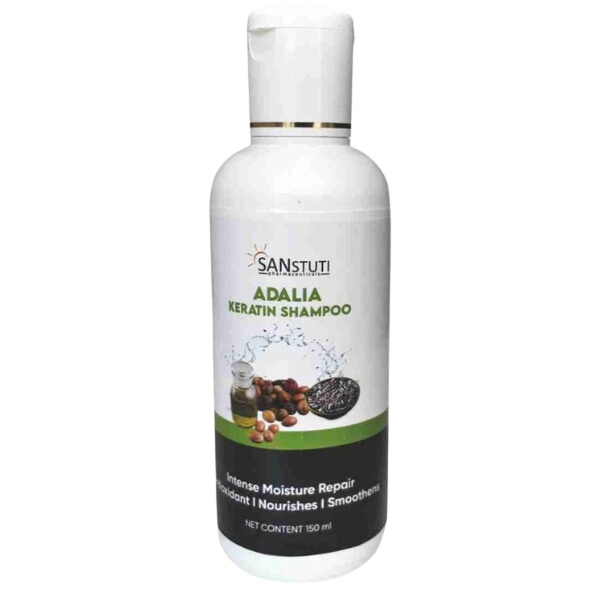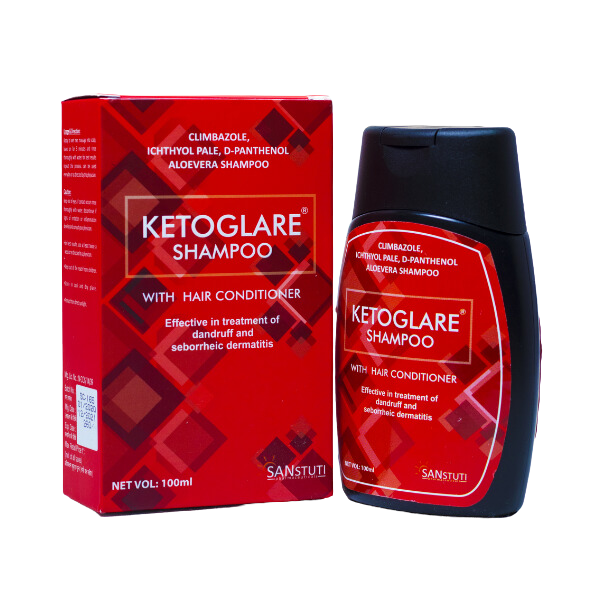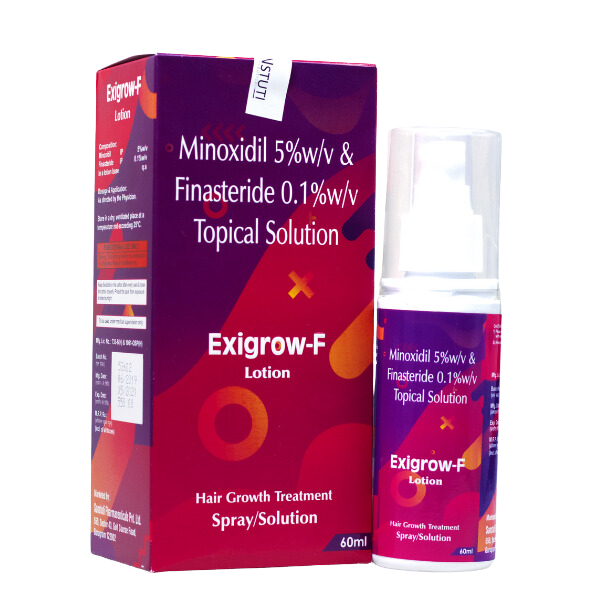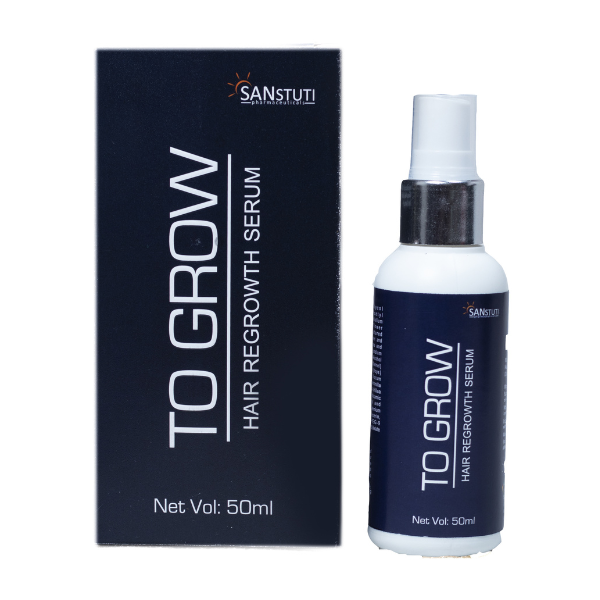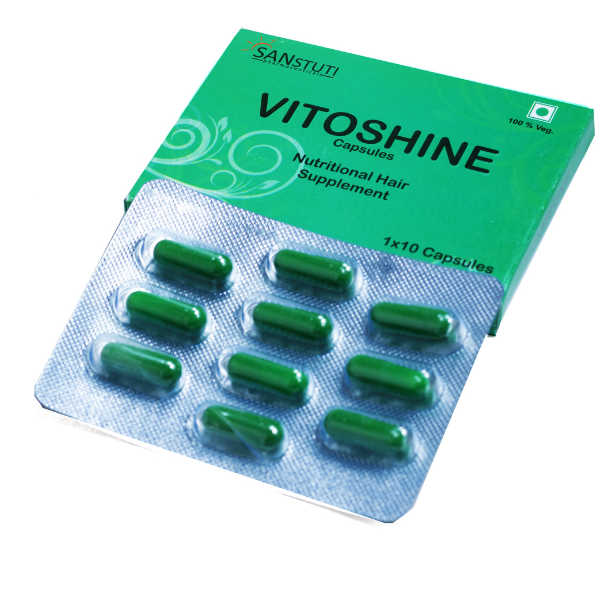skin can be challenging to manage, often requiring extra care and attention to avoid irritation and discomfort. Whether you’re dealing with redness, itching, or breakouts, understanding how to care for your sensitive skin is crucial. In this blog, we’ll share some essential tips to help you manage sensitive skin effectively.
Understanding Sensitive Skin
Before diving into the tips, it’s essential to understand what sensitive skin is. Sensitive skin reacts more easily to various environmental factors and products than normal skin. Common symptoms include redness, itching, burning, and dryness. Factors such as weather changes, stress, and certain ingredients in skincare products can trigger these reactions. Knowing your skin type and what triggers your sensitivity is the first step in managing it effectively.
1. Choose the Right Skincare Products
One of the most critical aspects of managing sensitive skin is selecting the right skincare products. Here are some tips to help you make the best choices:
Avoid Fragrances and Dyes: These ingredients can be irritating to sensitive skin. Look for products labeled “fragrance-free” and “dye-free.”
Opt for Hypoallergenic Products: These are formulated to minimize the risk of allergic reactions. While they’re not guaranteed to be irritation-free, they’re usually a safer bet for sensitive skin.
Check the Ingredients: Avoid products with alcohol, sulfates, and harsh chemicals. Instead, look for calming ingredients like aloe Vera, chamomile, and calendula.
Patch Test New Products: Before applying a new product to your face, do a patch test on a small area of your skin. This can help you identify potential reactions before they occur.
2. Keep Your Skincare Routine
Simple A complicated skincare routine with too many products can overwhelm sensitive skin. Stick to the basics:
Gentle Cleanser: Use a mild, non-foaming cleanser that doesn’t strip your skin of its natural oils.
Moisturizer: Choose a lightweight, non-comedogenic moisturizer to keep your skin hydrated without clogging pores.
Sunscreen: Protect your skin from UV damage with a broad-spectrum SPF 30 or higher. Opt for mineral sunscreens with zinc oxide or titanium dioxide, as they are less likely to cause irritatio
3. Be Mindful of Your Environment
Environmental factors play a significant role in the health of your skin. Here are some tips to manage your environment:
Protect Your Skin from Extreme Weather: Both cold and hot weather can exacerbate sensitive skin. In cold weather, keep your skin moisturized and protected with scarves and gloves. In hot weather, use a lightweight moisturizer and avoid excessive sun exposure.
Humidity Control: Use a humidifier during dry seasons to keep the air moist, which can help prevent your skin from becoming too dry.
Avoid Polluted Areas: Pollution can irritate sensitive skin. If you live in an area with high pollution, make sure to cleanse your skin thoroughly at the end of the day
4. Be Gentle with Your Skin
Treat your sensitive skin with care to avoid unnecessary irritation.
Avoid Hot Water: Hot water can strip your skin of its natural oils, leading to dryness and irritation. Use warm water instead.
Pat Dry: After washing your face, gently pat your skin dry with a soft towel rather than rubbing it.
Limit Exfoliation: Over-exfoliating can damage the skin barrier. Use a gentle exfoliant no more than once a week.
5. Maintain a Healthy Lifestyle
Your overall health can have a significant impact on your skin. Here are some lifestyle tips to help manage sensitive skin:
Stay Hydrated: Drink plenty of water to keep your skin hydrated from the inside out.
Eat a Balanced Diet: Foods rich in antioxidants, vitamins, and minerals can promote healthy skin. Include fruits, vegetables, and healthy fats in your diet.
Get Enough Sleep: Lack of sleep can lead to skin stress and exacerbate sensitivity. Aim for 7-8 hours of quality sleep each night.
Manage Stress: Stress can trigger skin flare-ups. Practice stress management techniques such as meditation, yoga, or deep breathing exercises.
6. Know When to See a Dermatologist
If you find that your sensitive skin is not improving with over-the-counter products and home care, it may be time to see a dermatologist. A professional can help identify the root cause of your sensitivity and recommend appropriate treatments.
7. Natural Remedies for Sensitive Skin Sometimes, natural remedies can be a gentle and effective way to soothe sensitive skin. Here are a few you might consider:
Oatmeal: An oatmeal bath can help soothe itching and irritation. Simply add a cup of colloidal oatmeal to your bathwater.
Honey: Known for its antibacterial and soothing properties, honey can be applied as a mask to calm sensitive skin.
Aloe Vera: Aloe vera gel can provide relief from irritation and redness. Apply it directly to the affected areas.
8. Be Consistent
Consistency is key when it comes to managing sensitive skin. Stick to your skincare routine, avoid known irritants, and monitor your skin’s reactions over time. This will help you understand what works best for your skin and what doesn’t.
Conclusion
Managing sensitive skin requires a careful and consistent approach. By choosing the right products, maintaining a simple skincare routine, and making mindful lifestyle choices. You can keep your sensitive skin healthy and comfortable. Remember, what works for one person may not work for another, so it’s essential to pay attention to your skin’s unique needs. If in doubt, consulting with a dermatologist can provide you with tailored advice and treatment options. For more tips and product recommendations, visit Sanstuti Pharma’s website and explore our range of skincare products designed for sensitive skin. Your journey to healthier, happier skin starts here
